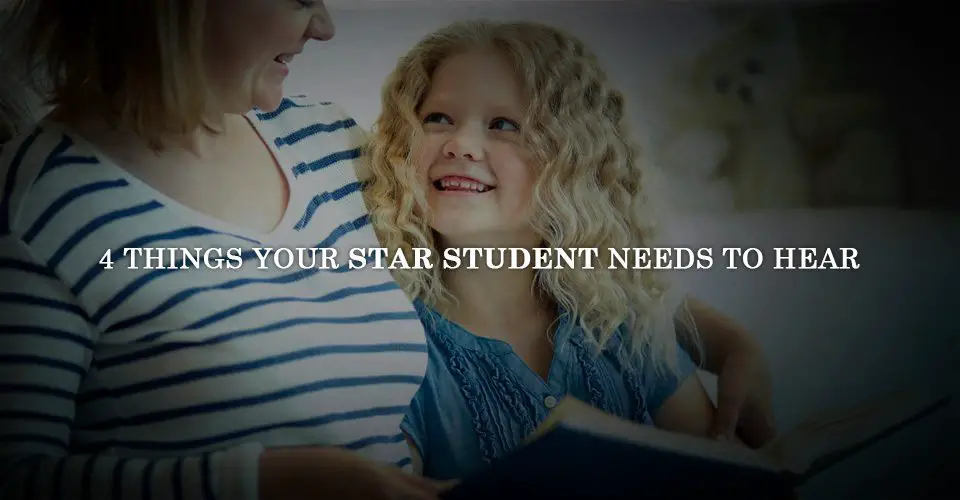
It takes more than intelligence to get ahead in today’s world. The pressure to succeed can push parents and their children into long hours of studying, toxic levels of stress, and crushing feelings of inadequacy and isolation. Today’s educational and professional landscapes are more competitive than ever, and well meaning parents and teachers can drive their high achieving students to the brink. By giving our children a tremendous amount of academic support with little to no focus on their mental and emotional health, we are putting them in a dangerous place. A survey of students by the American College Health Association found that 45.6 percent of students reported feeling hopeless, and 30.7 percent reported feeling so depressed that it was difficult to function during the past 12 months.
Buy an “Intelligence is sexy” t-shirt!
What can we do to help our success-driven students, children, and loved ones?
Here are four lessons you need to teach the star student in your life that could help to keep them from burning out:
Prioritize Your Health.
In order to perform at their best, your student needs to be physically, mentally, and emotionally healthy. This includes leading a full life and managing their academic stress. An excessive level of stress can have a tremendous impact on the human body, and will ultimately hurt your student’s academic performance. By encouraging your child to take a lighter course load, you may fear that you are keeping him from achieving his full potential. In reality, however, you may be doing just the opposite. Stand by your word – allow your daughter to put off her homework to go for a run, and excuse your son from doing an extra-credit assignment so he can catch up on his sleep. Encourage your students to put their health first, and scholastic aptitude will follow.
4 Phrases to Empower Your Child
Manage Your Time Wisely.
Time management has, unfortunately, become somewhat of a buzzword. Many students are told constantly that they need to master this concept, but given few tools to do so. Good time management is a skill that every student needs continuous and tangible help in developing. Most high achievers are inclined to over-schedule themselves and wind up with more commitments than they are realistically prepared to handle. Utilizing every moment productively may be a smart method of time management, but it is not a wise one. Help your student to plan her day, week, and month, and ensure that she builds in a block of time in which to do nothing but relax. Explain to her why this is important, and help her to maintain this sense of balance.
Research Shows that Problem Children make Better Adults
Don’t Be Afraid to Lean on Others.
Many top students mistakenly feel that asking for help is a sign of weakness and incompetence. By contrast, most high achieving adults rely heavily on a strong support network, both in their personal and professional lives. Like time management, building and maintaining a support system is a skill that will serve your student well in his future career. Help him to develop it, and stress the importance of leaning on others and allowing others to lean on him. Encourage him to form study groups, engage in community service, and talk to others about his fears and frustrations. Isolation can make stress much more unbearable than it has to be.
Imperfection is Okay.
Perfectionist students can be very tricky to manage. It is difficult for them to learn by making mistakes, even though errors are among the most common and effective learning tools. It is also very hard for them to accept feedback, because they are so deeply invested in achieving that elusive idea of perfection. Although it is not realistic to expect a perfectionist to change their very nature, it is important to give these students a sense of perspective. Myra Woolfson of the University of Nottingham’s counseling center encourages you to tell a perfectionist student “Remember: you are not your results. A degree classification is not a judgement of your merit or the guarantee of a terrific life. If you don’t do well, it doesn’t mean you won’t find interesting or satisfying work.” Help them breathe.
Remember that even the best of students are only human – and they need to be reminded of this daily. Use these four lessons to help your child fight burnout and become not only a successful student, but a successful human being as well.

